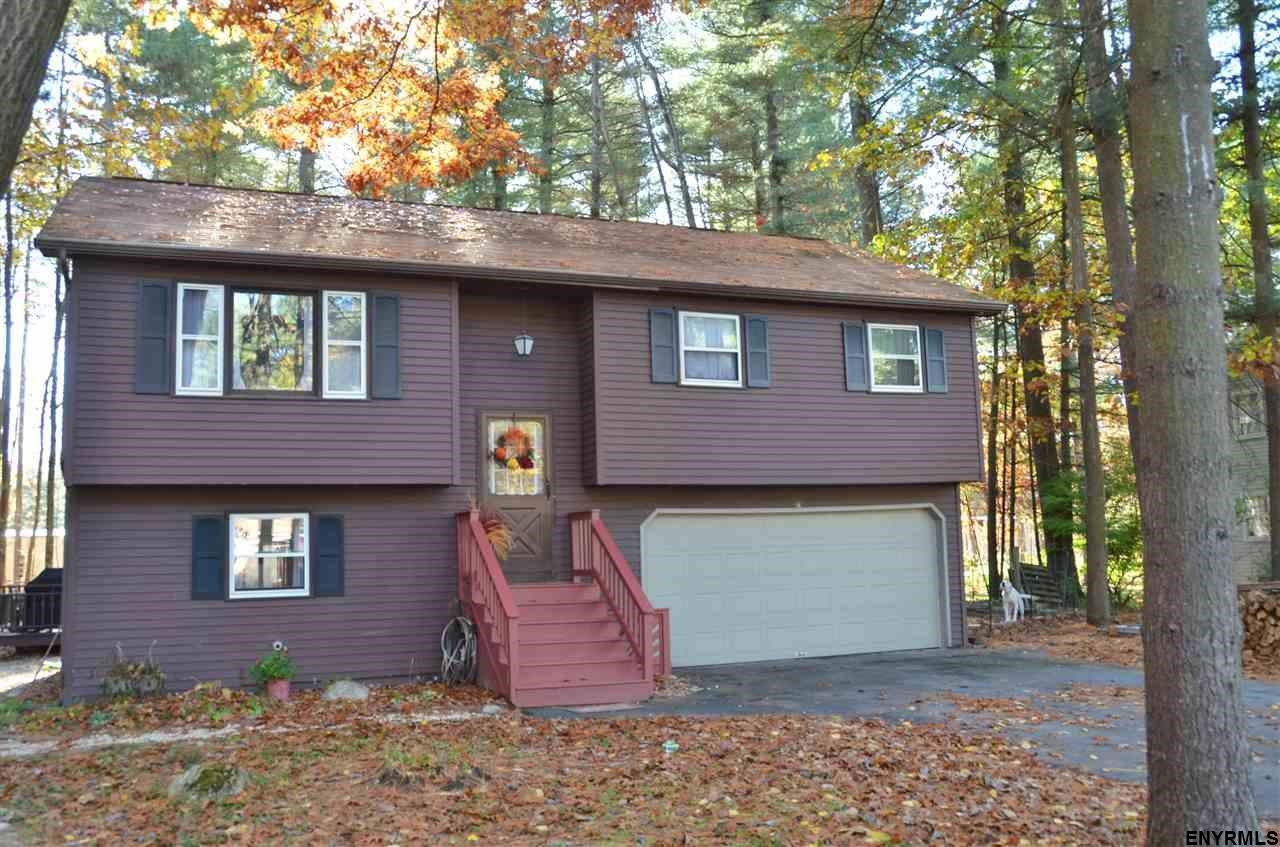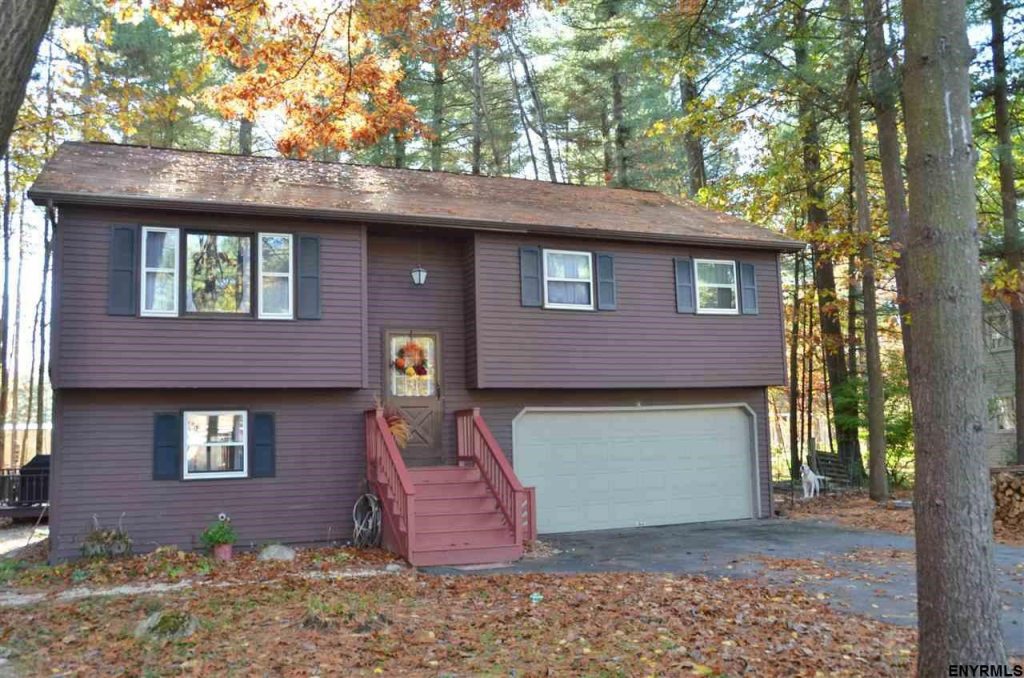A Quick Guide to Property Tax in Malta

capital gains tax in Malta is more of a transaction cost
Owning property in the island nation of Malta is a delight really and while that has a lot to do with the beautiful location itself, we are talking about the financials here. To top it all off, real estate firms like MaltaSothebysRealty just make it so easy to buy or rent residential properties in the best locations of Malta. To get an idea of what advantages we are talking about here, consider the fact that municipality taxes, council taxes, and even land taxes simply do not exist in the nation!
This doesn’t mean that property taxes are not present at all though. It’s just that they are a lot different and simpler than what you might be used to. In case you are considering the idea of buying or renting a farmhouse or a sea-facing apartment on the island, the following are the only details that you will need to know about the property taxes.

The Capital Gains Tax
Not to be confused with the usual taxes on the actual capital gains, the capital gains tax in Malta is more of a transaction cost. On a property owned for six years or less, capital gains tax is generally charged in one of two ways, and they are as follows.
- 12% flat on the selling/transfer price of the property in question (new system)
- 35% of the profit made, post expenses (old system)
The new system is a lot simpler and easier to calculate than the old one, thanks to its flat 12% rate. However, if the old system is put into action, here’s everything that you can deduct from the final capital gains tax, which must be paid direct to the notary public for transferring on to the Inland Revenue.
- The original buying or acquiring price at which the seller had gained possession of the property
- Unclaimed ground-rent amount
- 0.4% per year for every year that the property was held
- The cost of any additional improvements made to the property
- Acquisition duty paid earlier during initial acquisition
- Notary and brokerage fees
- Inflation factors
- Any other expenses in relation to the sell/transfer that doesn’t exceed the “5% of the selling price” limit
Progressive income rates will be applied to the realised capital gain tax when the selling party declares the transaction and the tax details on their income tax report.
Inheritance Tax on Property
Although in Malta, there are no inheritance taxes as such, there is a 5% transfer duty that is applicable when a property changes hands through inheritance. The 5% tax must be paid by the heir and it will be calculated on the declared or determined value of the inherited property. If a property in Malta is owned jointly by a couple and one of the partners passes away, the 5% tax will only be applicable on half of the property’s total value, which is actually quite considerate when you think about it! Apart from this, there are also no taxes for gifts either, but the same 5% rule does apply to gifted properties as well.
Stamp Duty
Stamp duty is quite easy to understand and calculate as it’s always 5% of the property’s purchase price – and that’s it. There are special circumstances though, and you can check those here.
As you can see, the Maltese government has made sure that property taxes are not as complicated as they are in the UK – or even Italy for that matter. However, it is worth noting that the spouse (irrespective of the gender) does not inherit anything if his/her partner passes away. So you might want to make a will and register it to get things the way you want it to be. In the event someone fails to make a will, the property will pass to the children or the next of kin.


 ITAT Amritsar: No Section 269SS Violation for One-Time Cash Payment Before Sub-Registrar
ITAT Amritsar: No Section 269SS Violation for One-Time Cash Payment Before Sub-Registrar  Tax Officials Unleash Digital Dragnet: How New Raid Powers Redefine Privacy, Property Rights in India and likely to Fuel Corruption
Tax Officials Unleash Digital Dragnet: How New Raid Powers Redefine Privacy, Property Rights in India and likely to Fuel Corruption  Income Tax Department Rewards for Reporting Tax Evasion: A Comprehensive Guide
Income Tax Department Rewards for Reporting Tax Evasion: A Comprehensive Guide  Forfeiture of Gratuity by Employer- What are the Remedies for an employee- Can employer be challenged?
Forfeiture of Gratuity by Employer- What are the Remedies for an employee- Can employer be challenged?  Employer can forfeit gratuity of an employee in case of moral turpitude
Employer can forfeit gratuity of an employee in case of moral turpitude  Diving Deeper: The Impact of the New Tax Bill on Dairy and Farming Income
Diving Deeper: The Impact of the New Tax Bill on Dairy and Farming Income